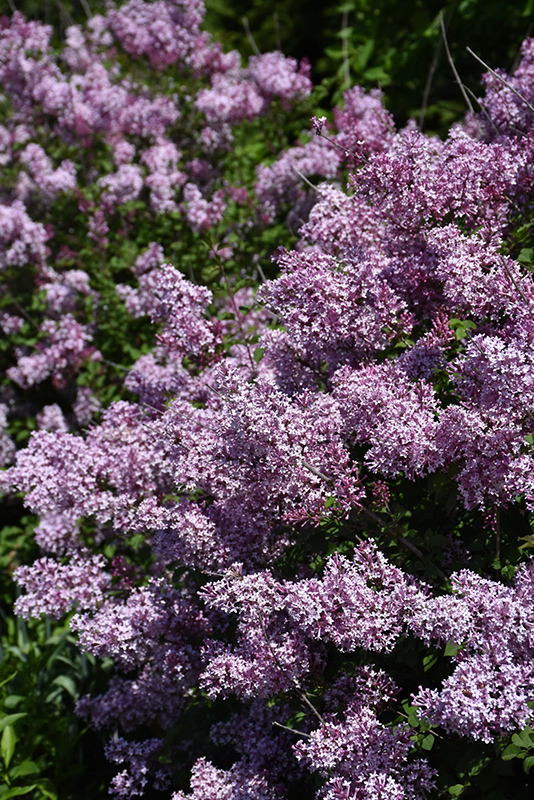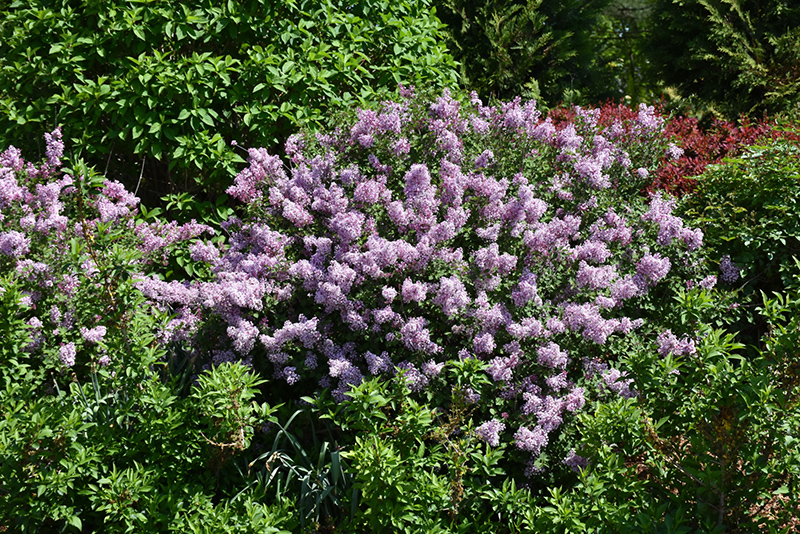3 feet
30 inches

3a
Bloomerang Series
Proven Winners
Bloomerang® Dwarf Purple Lilac is blanketed in stunning panicles of fragrant lavender flowers at the ends of the branches from late spring to mid fall, which emerge from distinctive purple flower buds. The flowers are excellent for cutting. It has green deciduous foliage. The small pointy leaves do not develop any appreciable fall color.
Bloomerang® Dwarf Purple Lilac is a dense multi-stemmed deciduous shrub with a more or less rounded form. Its relatively fine texture sets it apart from other landscape plants with less refined foliage.
This is a relatively low maintenance shrub, and should only be pruned after flowering to avoid removing any of the current season's flowers. It is a good choice for attracting butterflies to your yard. It has no significant negative characteristics.
Bloomerang® Dwarf Purple Lilac is recommended for the following landscape applications;
- Mass Planting
- Hedges/Screening
- General Garden Use
Bloomerang® Dwarf Purple Lilac will grow to be about 30 inches tall at maturity, with a spread of 3 feet. When grown in masses or used as a bedding plant, individual plants should be spaced approximately 30 inches apart. It tends to fill out right to the ground and therefore doesn't necessarily require facer plants in front. It grows at a slow rate, and under ideal conditions can be expected to live for approximately 30 years.
This shrub should only be grown in full sunlight. It does best in average to evenly moist conditions, but will not tolerate standing water. It is not particular as to soil type or pH. It is highly tolerant of urban pollution and will even thrive in inner city environments. This particular variety is an interspecific hybrid.

